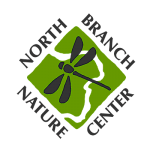Early Season Sedges of the Northern Forest: A Field Introduction
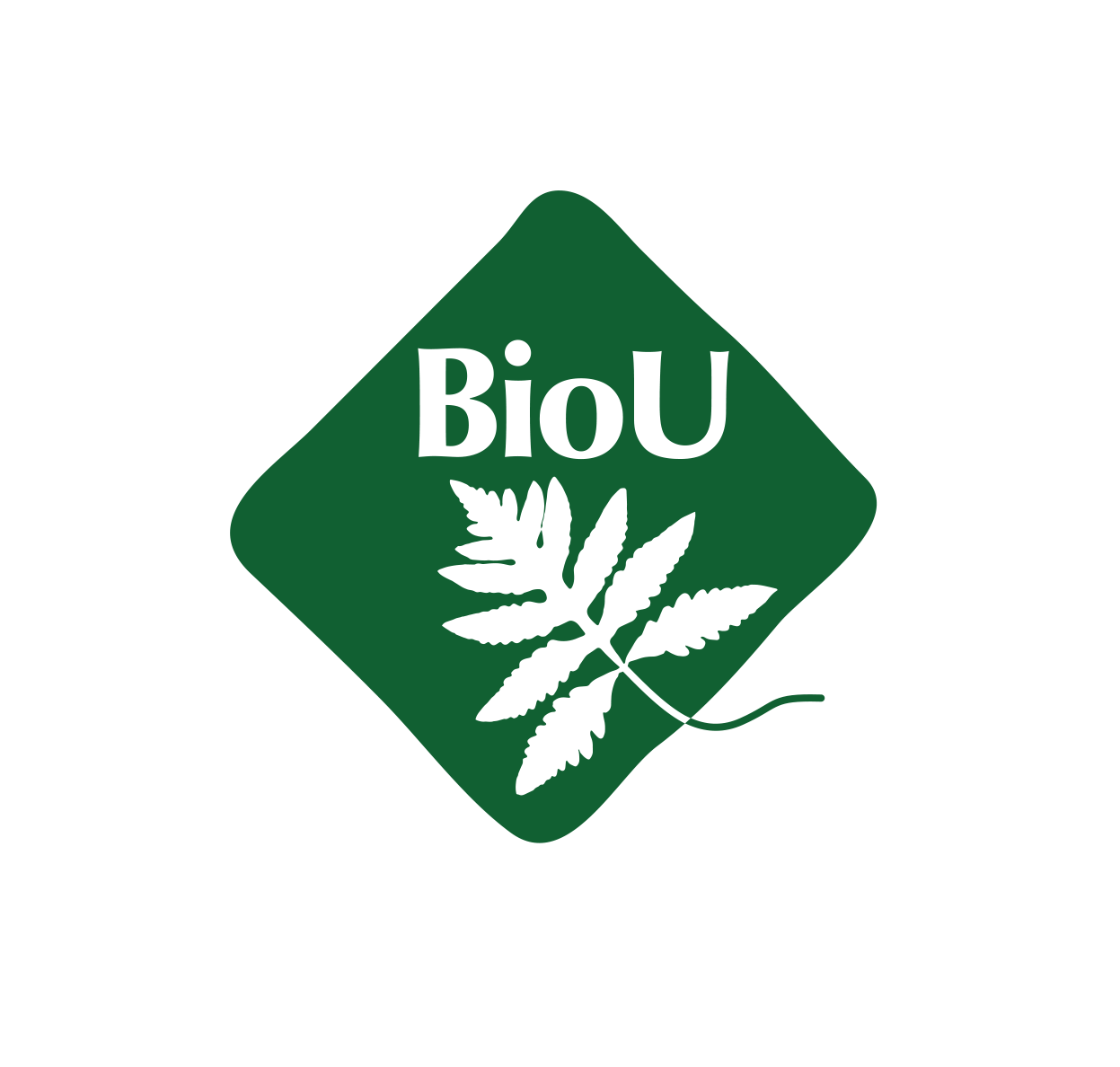
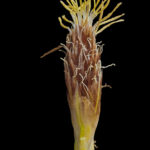
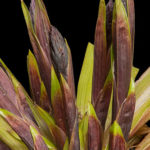
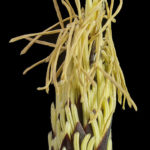
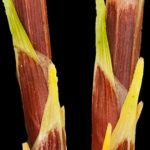
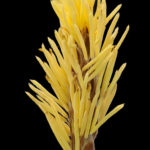
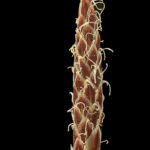
Instructors: Jerry Jenkins and Brett Engstrom
June 1 – 2| $295
I
n this short course we will work on getting to know some of the early season sedges of the great genus Carex. With over 160 species in the Northern Forest, which includes all of Vermont, Carex is the most diverse genus of flowering plants in the region. We will explore a variety of nearby habitats to observe sedge species distributions and abundance, then spend some time in the lab to get closer looks at sedge flowering and vegetative parts and to identify sections and species using charts and new Northern Forest Sedges photographic guide of the Northern Forest Atlas project.
Course Goal
- To learn and appreciate some of the common upland Carex sedge species in the Northern Forest
Course Objectives
- Recognize common upland Carex sedges in the field
- Identify sedges using reference charts and photographic guide of the Northern Forest Atlas project
- Recognize and understand different habitats, ecosystems, and natural communities where sedges are important
About the Instructor(s)
Jerry Jenkins directs the Northern Forest Atlas project. He is a former staff scientist with the Wildlife Conservation Society Adirondack Program and does field work, photography, writing, graphics, and design for the Atlas. He was trained in physics and philosophy and has fifty years of field experience as a botanist and ecologist in the northern forest.
Brett Engstrom is a botanist and field ecologist from Marshfield, Vermont. He has thirty years of field experience in the northern forest, and is an expert in grasses and sedges. Brett provides ecological information and helps edit the Northern Forest Atlas woody plants and sedge guides.
Lodging Options
Biodiversity University is no longer offering lodging for participants. However, there are several nearby options at a similar price point. We recommend the following options:
- Capitol Plaza ($200/night; Montpelier)
- The Inn at Montpelier ($200/night; Montpelier)
- High Hill Inn ($150/night; East Montpelier)
- Comfort Inn and Suites ($120/night; Berlin VT)
- Marshfield Inn and Motel ($100/night; Marshfield, VT)
- AirB&B ($60-$150+/night; options vary)
Meals
Saturday breakfast, field lunch, and family-style dinner included.
Sunday breakfast and field lunch included.
Required Materials and Recommended Reading
No recommended readings necessary for this course. A 10x (or better) hand lens is required.
Timing
Course begins 8 AM on June 1 at North Branch Nature Center. Course concludes at 5 PM on June 2 at North Branch Nature Center. Any participants arriving Friday evening will be met by a staff member for an orientation and welcome.
Academic Credit / Professional Development options:
This course qualifies for 1 graduate-level science credit for an additional $150 course fee. All BioU courses are accredited by Castleton University. It is each student’s responsibility to ensure that their home institution will transfer the credit. Participants pursuing academic credit will be required to complete an additional assignment above and beyond the course hours, including literature review, reflective writing, and/or a field-based project.
This course qualifies for 22 hours of professional development hours and continuing education units. Certificates of completion are included in the course fee, and are available upon request.

